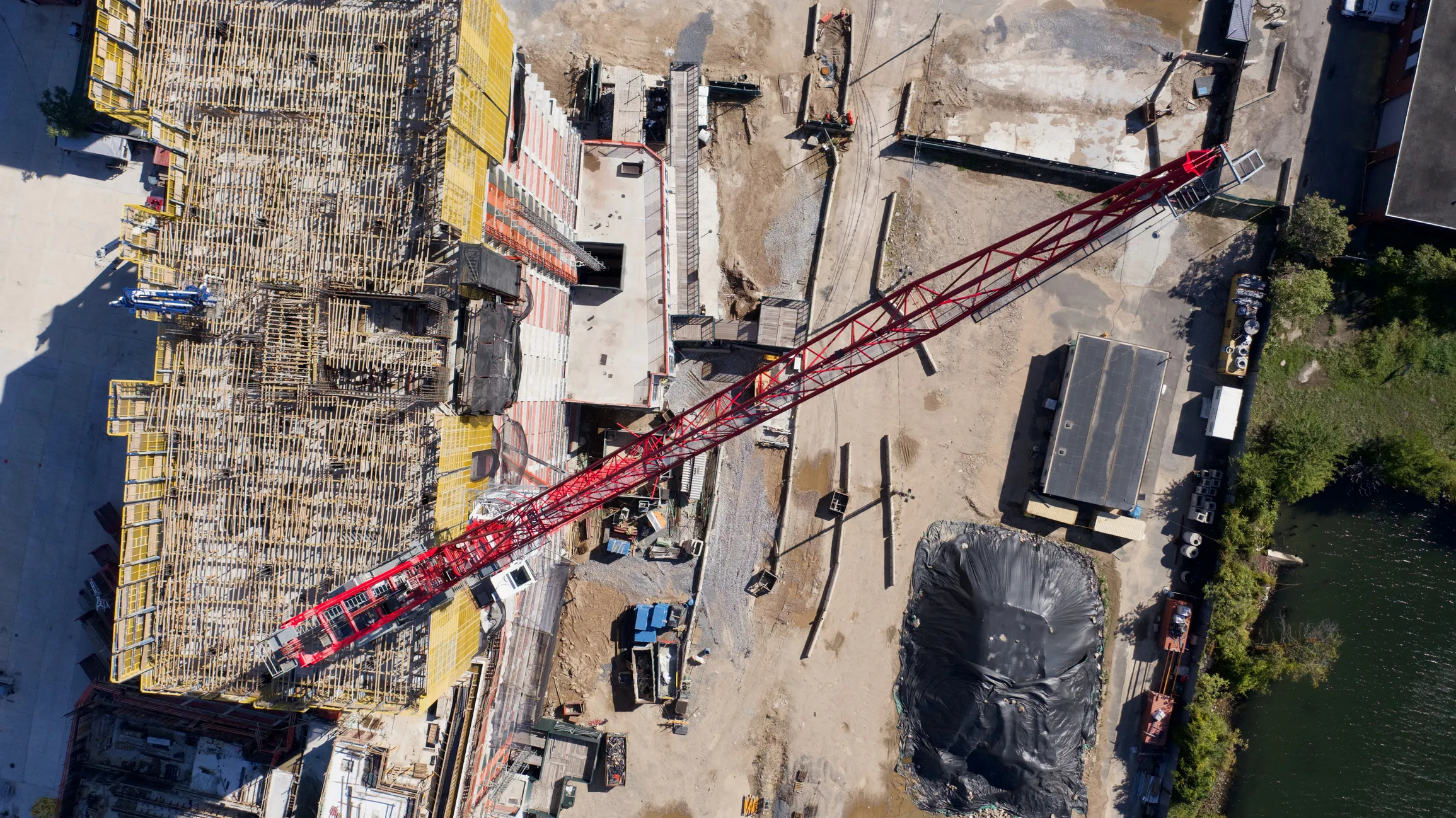Victims of construction site accidents sometimes have grounds to file an injury claim to collect damages, compensating them for the consequences of the accident. However, victims must file these claims within a legal timeframe called a “statute of limitations.” To ensure you file within the statute of limitations for your work injury, connect with a New York construction accident lawyer from The Weinstein Law Group as soon as possible following an incident.
What is the statute of limitations for New York construction accidents?
In many construction accident cases, a three-year statute of limitations applies. New York State follows this deadline for personal injuries resulting from another party’s negligence, slip-and-fall events, motor-vehicle accidents (which could occur with construction vehicles), and product liability cases. For example, a malfunctioning power tool might have led to your injury. The legal deadline shrinks to two years for cases of wrongful death. If your loved one dies because of someone else’s wrongful conduct at a construction site, you may collect damages for your losses to your family’s financial and emotional well-being. This typically includes related medical costs, loss of income and contribution to household duties, loss of affection and relationship, and emotional pain and suffering.
Are there exceptions to the three-year legal deadline?
Some cases, such as those stemming from construction defects, warrant extensions to that three-year deadline. For example, if you live or work in a space with inferior or toxic materials, you may develop a related condition over time. In other instances, the inferior materials may take time to corrode and cause injury. The clock may only start ticking on that three-year deadline once you become aware of your condition. Examples of construction defects leading to illness or injury include:
- Inferior workmanship
- Poor design or civil or structural engineering
- Improper environment analysis or preparation
- Use of inferior materials
- Negligent construction or malpractice
The New York construction accident attorneys at The Weinstein Law Group understand the nuances of construction law statutes of limitations. By connecting with us promptly after your accident or condition onset, you give us time to navigate these complexities and work to ensure your case is heard.
What is the statute of repose vs. statute of limitations in construction?
A statute of limitations limits how long a victim has to file a claim. However, that deadline can undergo extensions depending on the situation’s circumstances, as stated earlier. You should understand the differences between the statute of limitations and the statute of repose. A statute of repose does not include that extension. This means the timer starts ticking from the date of construction completion. For example, third parties would likely be protected from legal action if your injury, caused by a construction defect, occurred four years after completion. New York is one of only two states that does not have a statute of repose, despite efforts from affected parties to impose one. Third parties, such as contractors or design professionals, can face lawsuits for unlimited years.
What is the statute of limitations for filing for workers’ compensation?
If you seek workers’ compensation for a construction accident injury, you must report your injury to your employer within 30 days. You must file a claim with the Workers’ Compensation Board (WBC) within a two-year statute of limitations, but it is best to do so earlier. This filing allows you to track your case and request a hearing to resolve potential disputes.
Let us help
You should not be left facing the bills when someone else’s construction site negligence causes you harm. By calling (212) 741-3800 or sending an electronic message, you can easily connect with a knowledgeable New York construction accident lawyer from The Weinstein Law Group for a free case consultation. We’re on your side and will fight tirelessly to uphold your rights.


